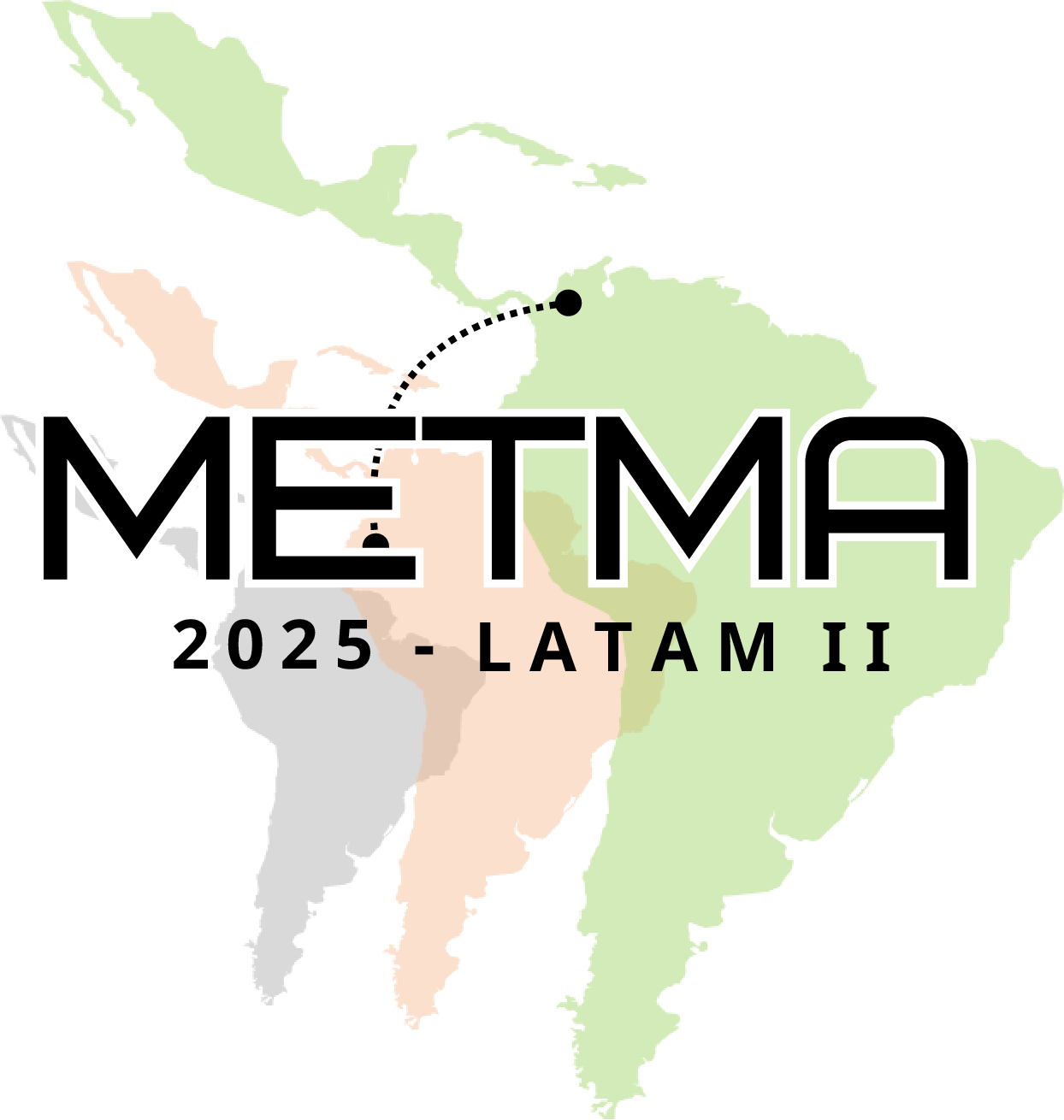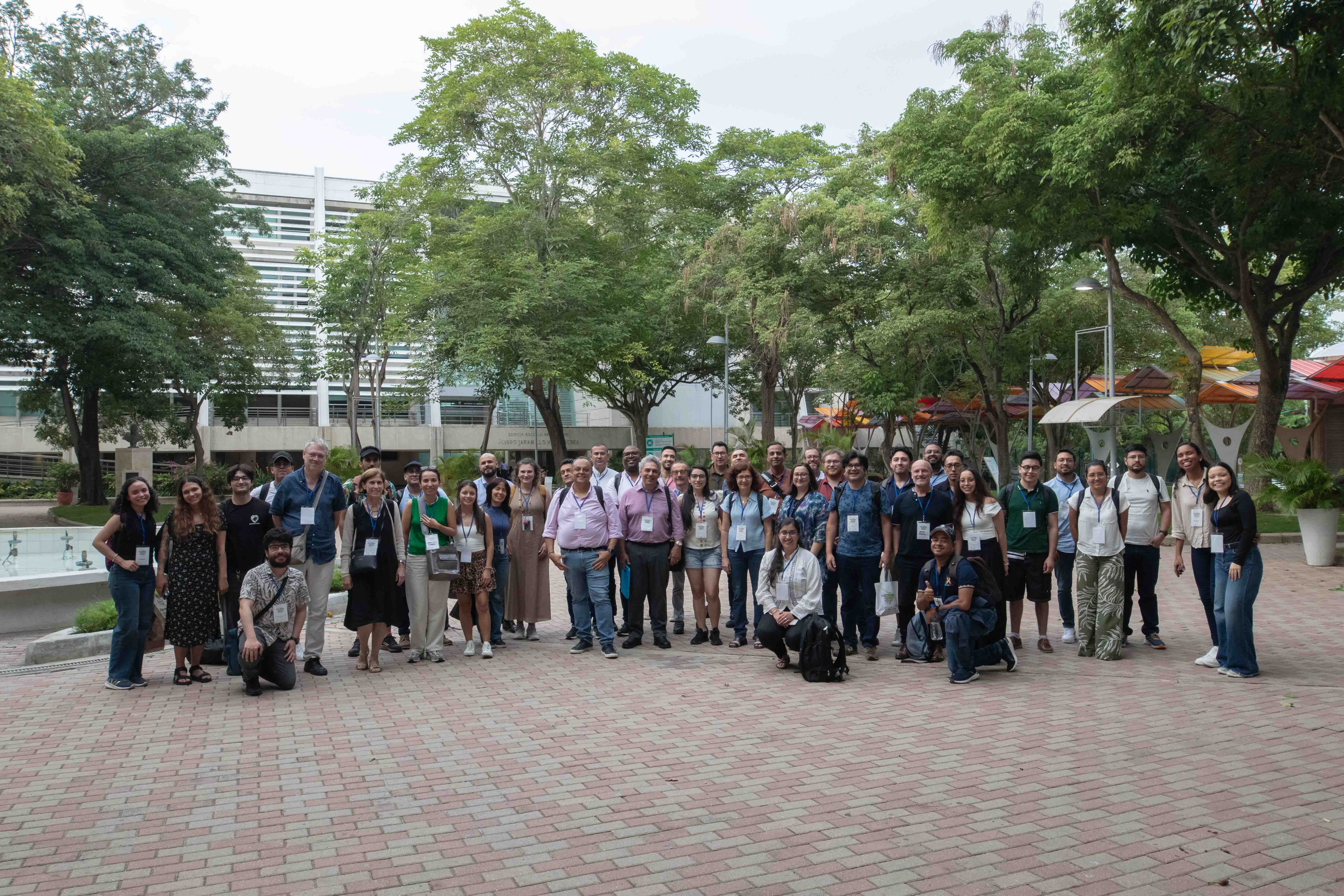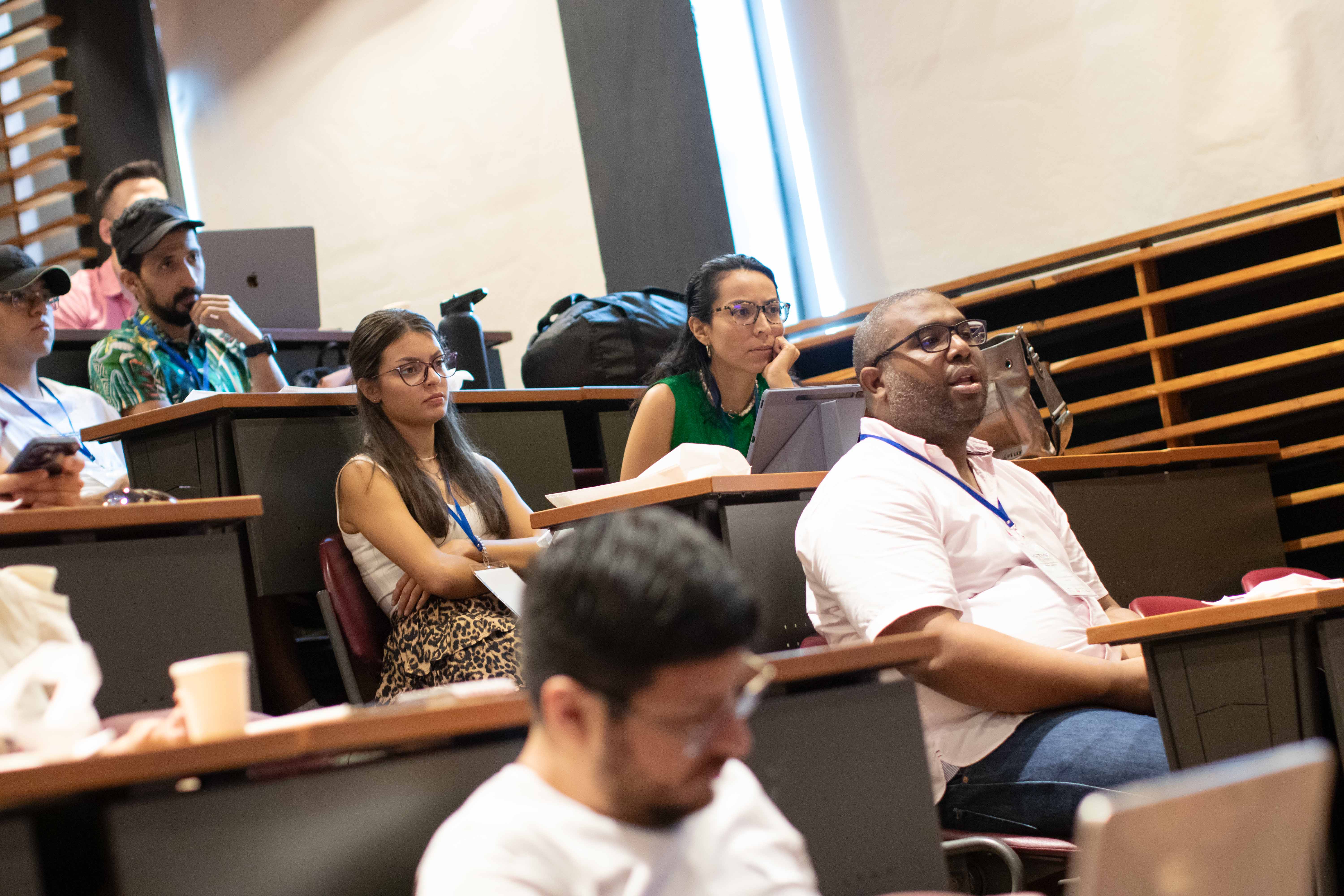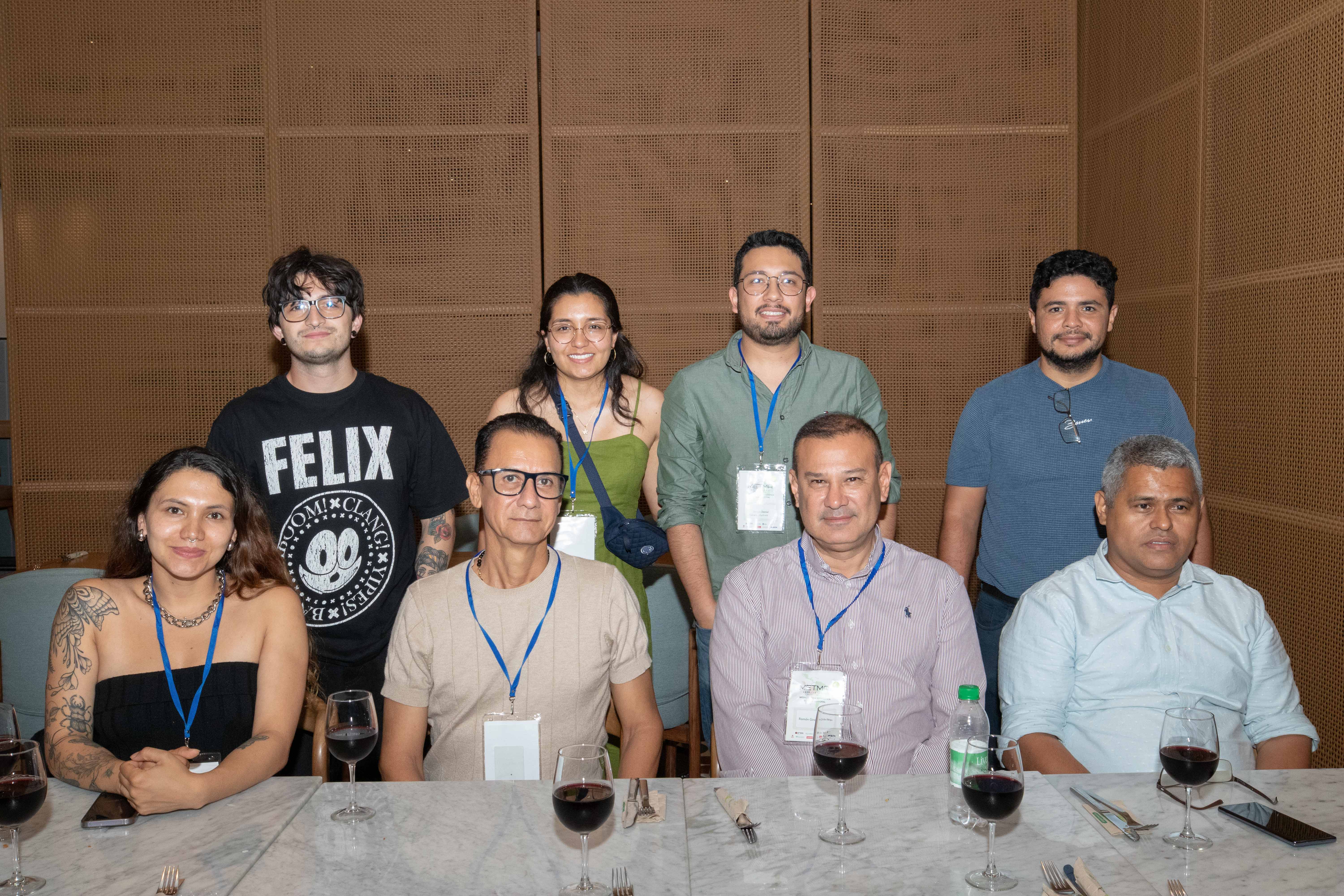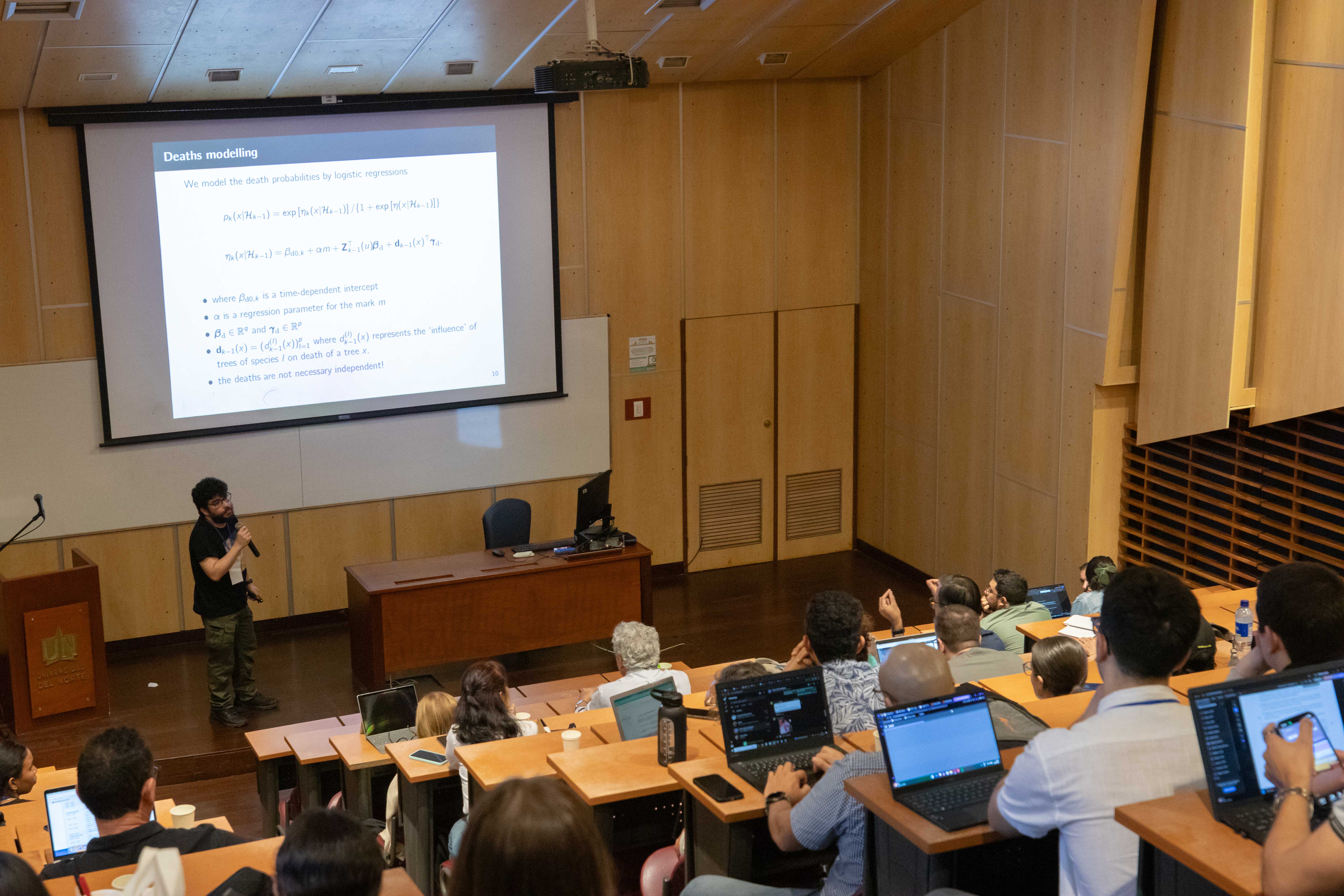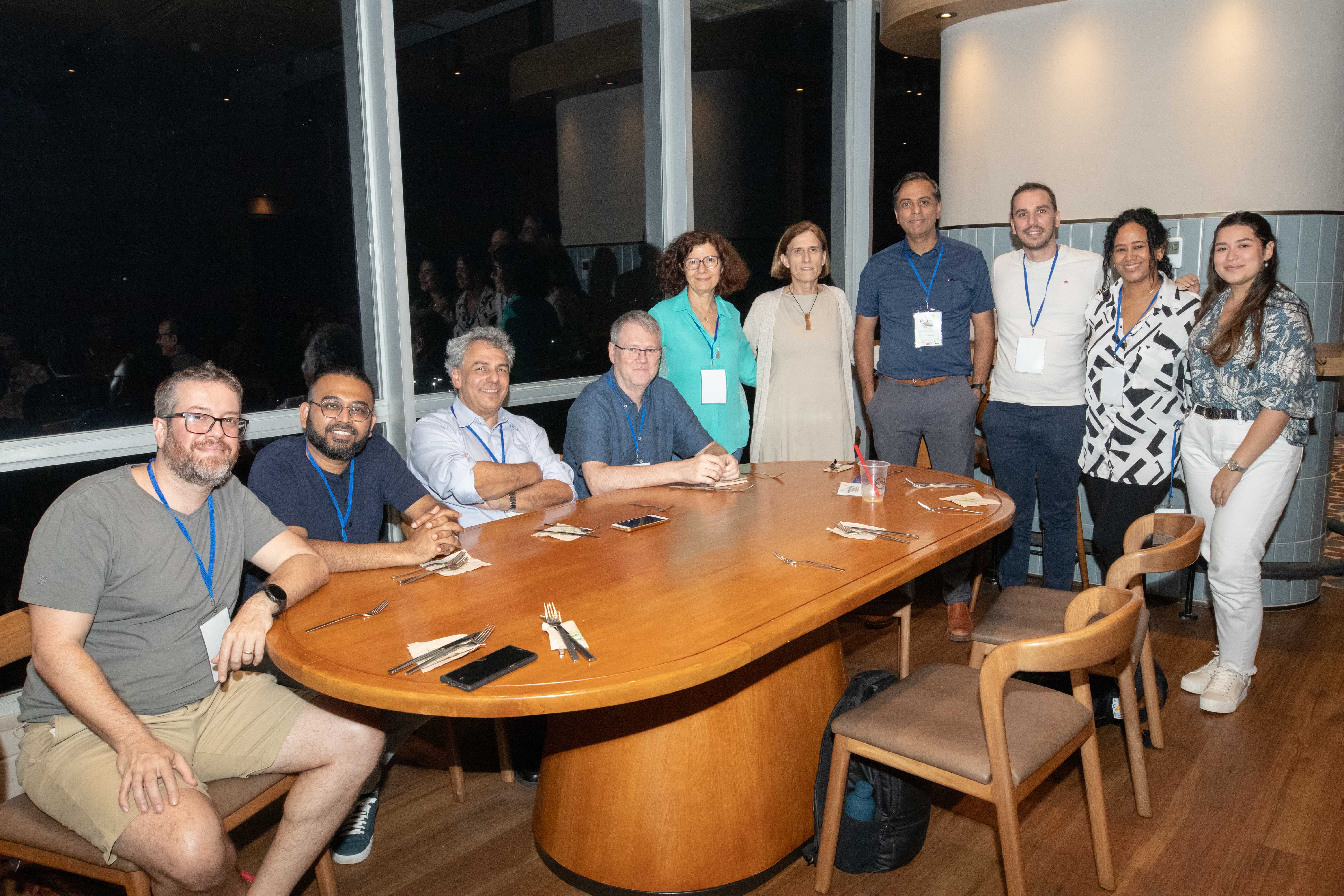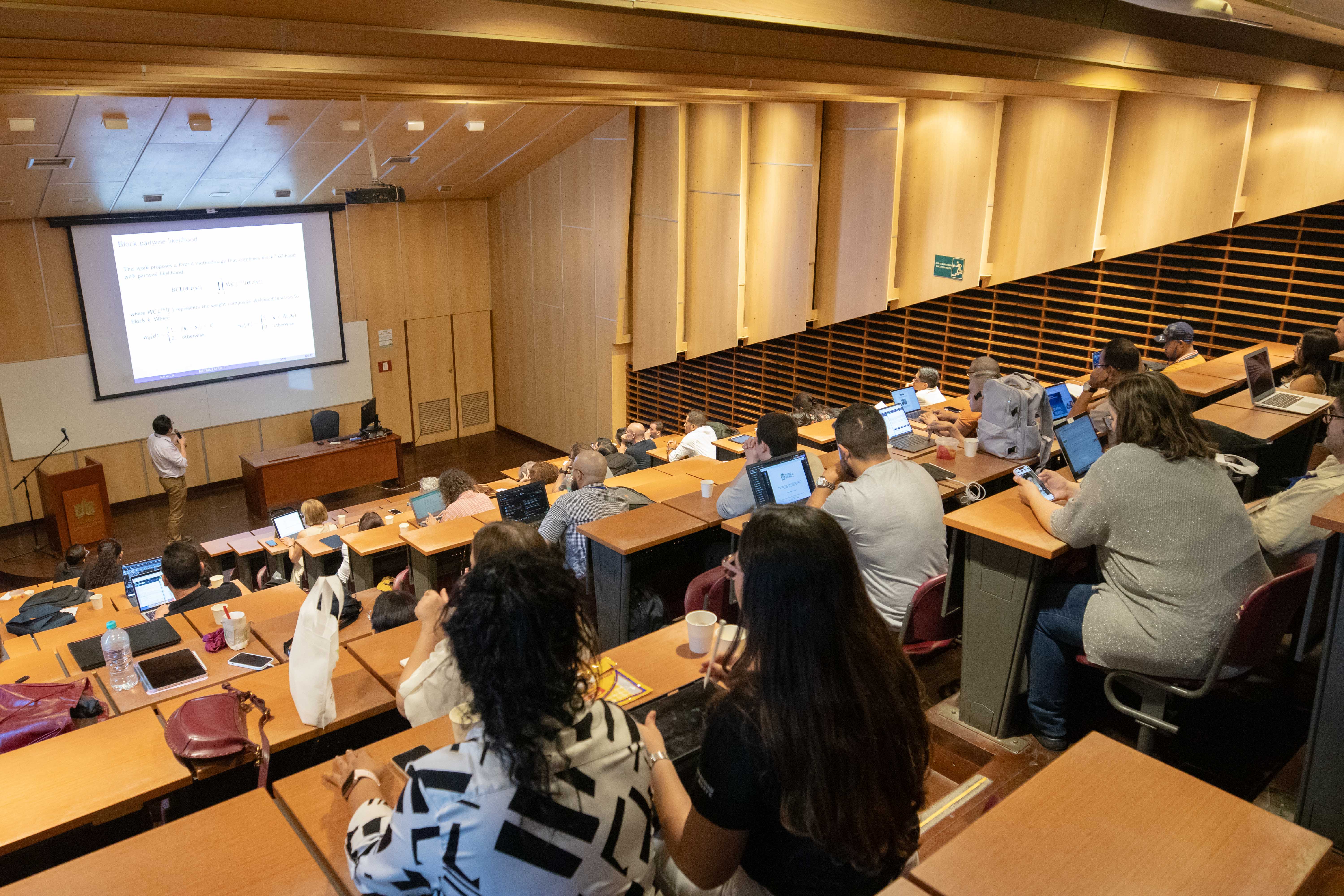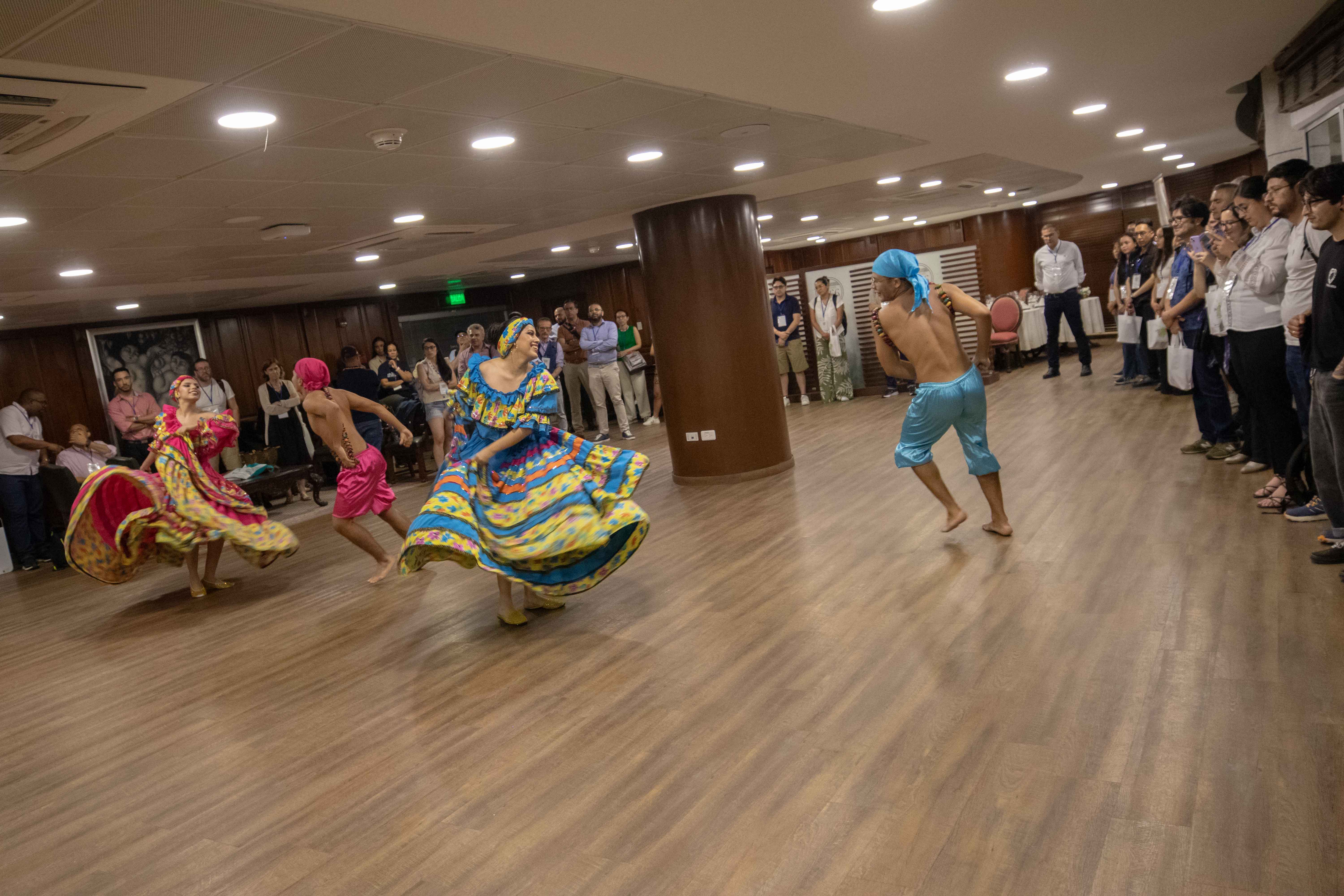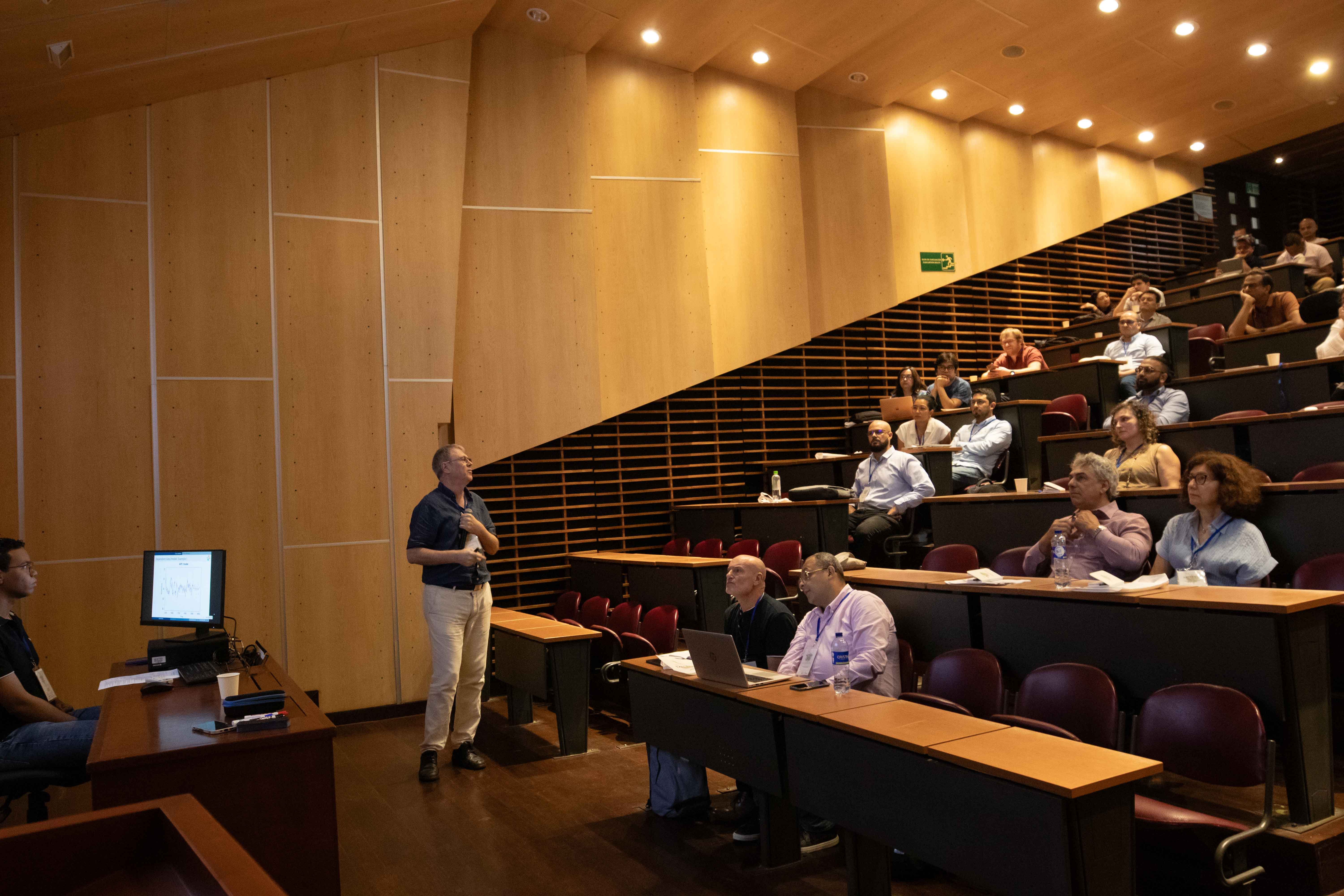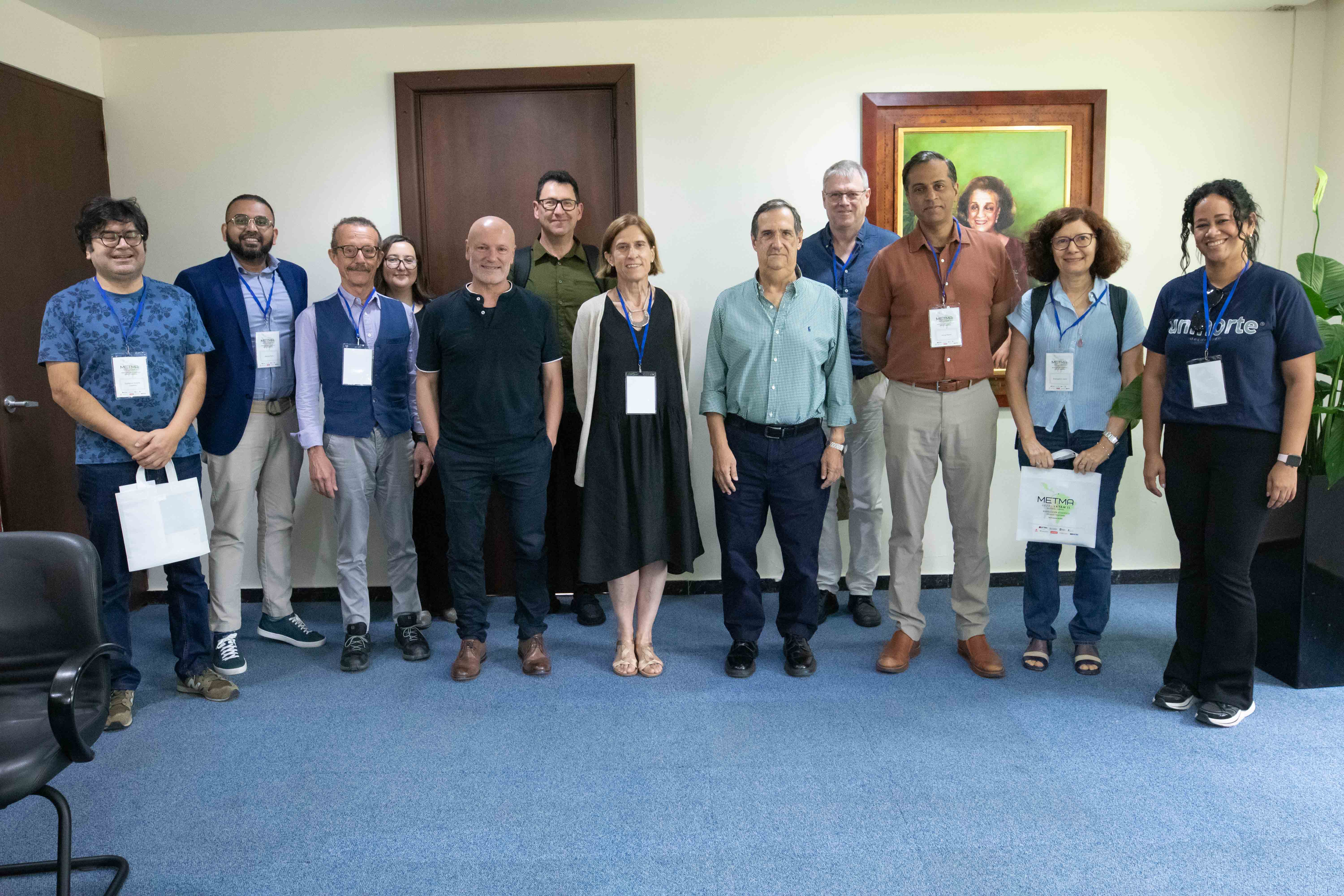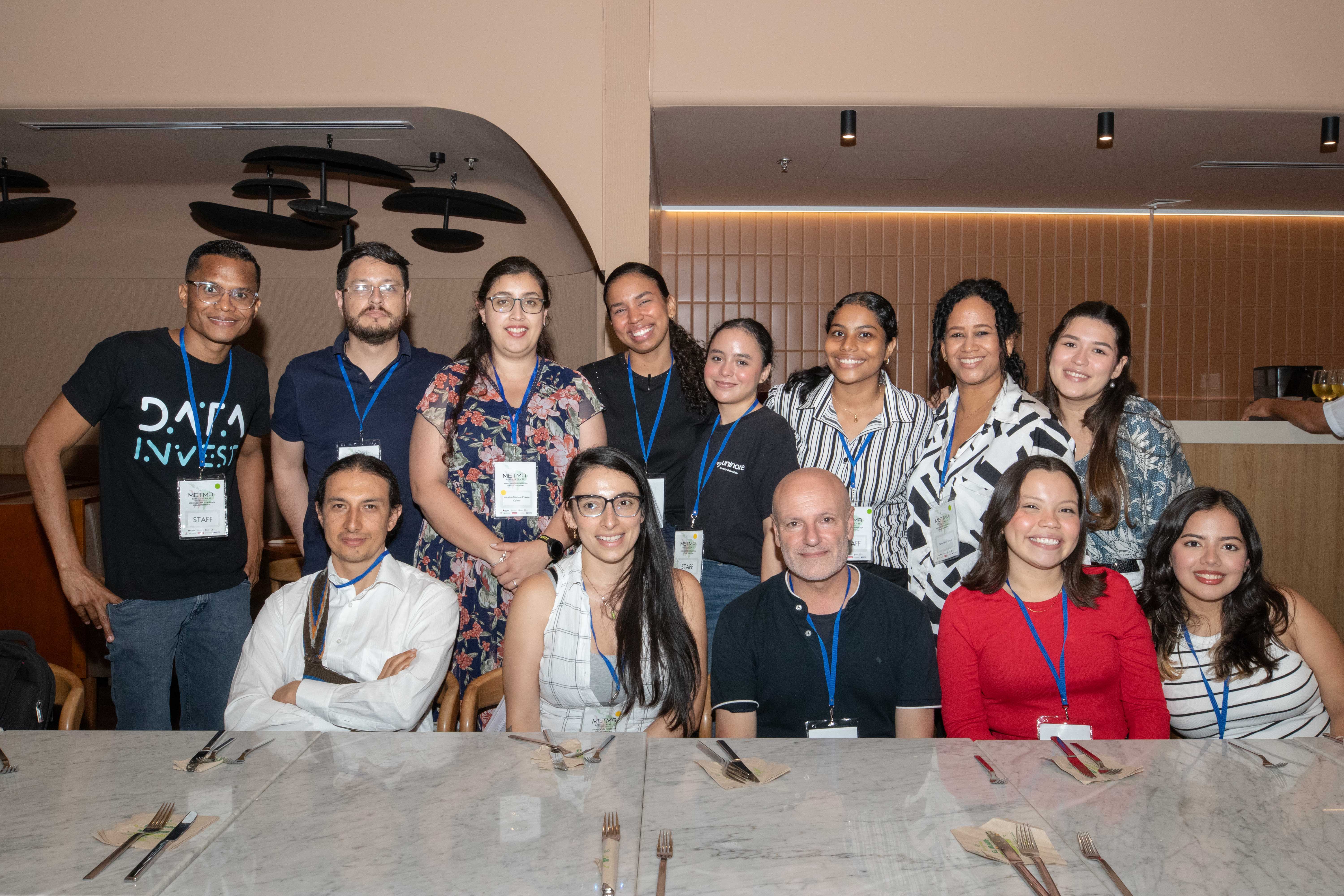
Sobre Uninorte
- Conoce nuestra historia
- Misión y visión
- Nuestros valores Institucionales
- Simbolo y Logotipo
- Organigrama
- Autoridades
- Manual de identidad corporativa
- Acreditaciones
- Normatividad
- Uninorte en cifras
- Planeacion Institucional
- Autoevaluación
- Régimen Tributario Especial
- Empresa familiarmente responsable
- Salud y Seguridad
- Convivencia de nuestra comunidad
- Campus con identidad Caribe
- Uninorte sostenible
- Nuestro campus
- Valores de matrícula y derechos pecunarios
Admisiones y registro
- Admisiones pregrado
- Admisiones posgrado
- Calendario de admisión pregrado
- Calendario de admisión posgrado
- Decisión de admisión pregrado
- Decisión de admisión posgrado
- Matrícula académica
- Reglamento estudiantil
- Certificados y constancias académicas
- Grados
- Validación de títulos académicos
- Validar documentos con firma digital
Becas, apoyo financiero y pagos
- Valores de matrícula
- Becas institucionales
- Programa Generación E
- Apoyo financiero
- Convenio Icetex
- Sistema Sabrina
- Financiación posgrados
- Entidades financieras aliadas
- Crédito empresa
- Financiación educación continuada - CEC
- Imprime tu volante de pago
- Pagos en línea
- Devoluciones y reservas
- Certificados de pagos
- Programa de educación financiera
- Donaciones
Gestión administrativa y financiera

Sobre Uninorte
- Conoce nuestra historia
- Misión y visión
- Nuestros valores Institucionales
- Simbolo y Logotipo
- Organigrama
- Autoridades
- Manual de identidad corporativa
- Acreditaciones
- Normatividad
- Uninorte en cifras
- Planeacion Institucional
- Autoevaluación
- Régimen Tributario Especial
- Empresa familiarmente responsable
- Salud y Seguridad
- Convivencia de nuestra comunidad
- Campus con identidad Caribe
- Uninorte sostenible
- Nuestro campus
- Valores de matrícula y derechos pecunarios
Admisiones y registro
- Admisiones pregrado
- Admisiones posgrado
- Calendario de admisión pregrado
- Calendario de admisión posgrado
- Decisión de admisión pregrado
- Decisión de admisión posgrado
- Matrícula académica
- Reglamento estudiantil
- Certificados y constancias académicas
- Grados
- Validación de títulos académicos
- Validar documentos con firma digital
Becas, apoyo financiero y pagos
- Valores de matrícula
- Becas institucionales
- Programa Generación E
- Apoyo financiero
- Convenio Icetex
- Sistema Sabrina
- Financiación posgrados
- Entidades financieras aliadas
- Crédito empresa
- Financiación educación continuada - CEC
- Imprime tu volante de pago
- Pagos en línea
- Devoluciones y reservas
- Certificados de pagos
- Programa de educación financiera
- Donaciones
Gestión administrativa y financiera
 español
español inglés
inglés francés
francés alemán
alemán
